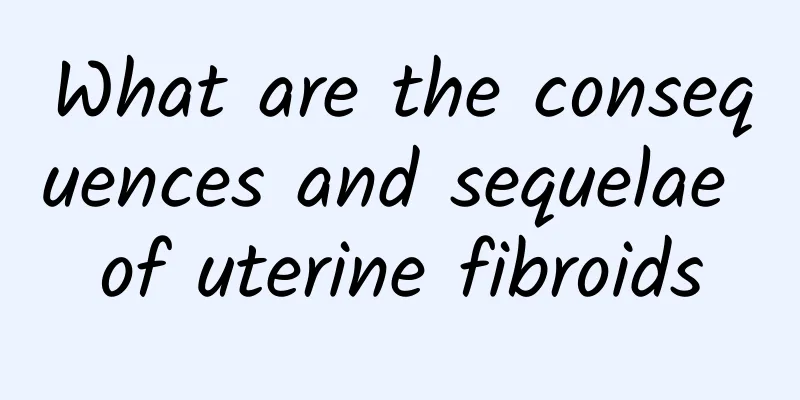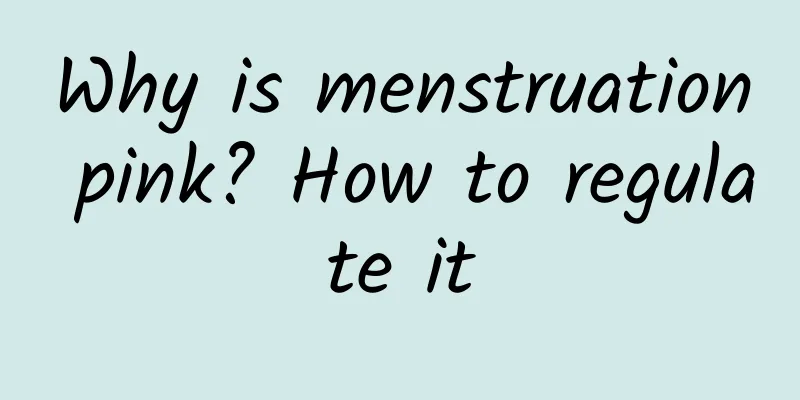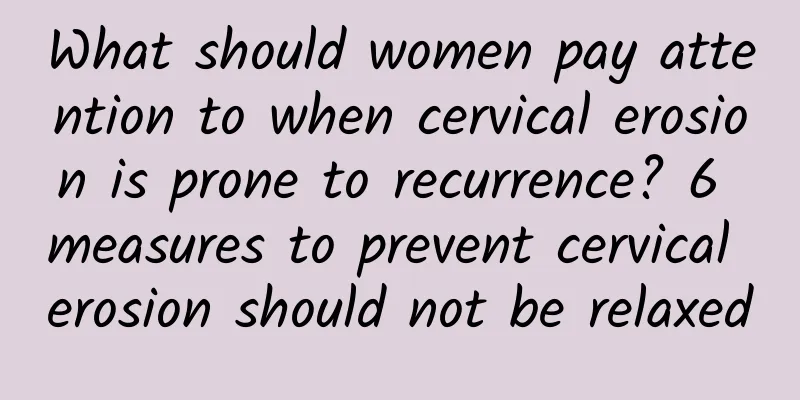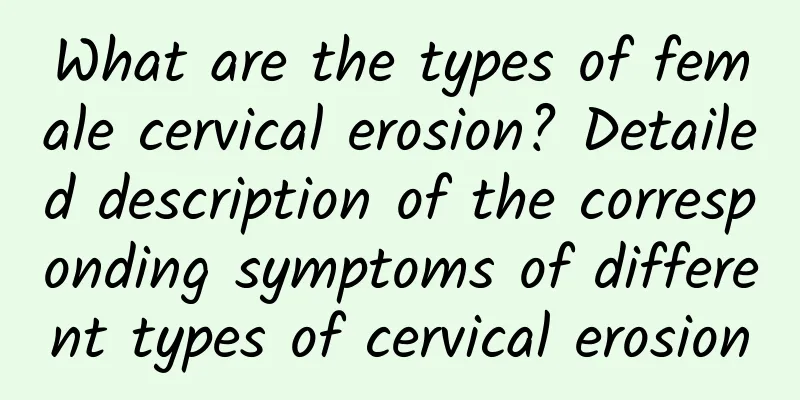What are the consequences and sequelae of uterine fibroids

|
If uterine fibroids are not managed or treated in time, they may lead to symptoms such as menstrual disorders, infertility, anemia, and may also have a long-term impact on the quality of life. In the later stage, they may even cause complications or damage the uterine function. Depending on the size, location, number of fibroids and the patient's fertility needs, common treatment methods include drug therapy, surgical treatment, and lifestyle adjustments. 1Possible consequences of uterine fibroids Uterine fibroids are a benign tumor of the smooth muscle of the uterus. The consequences depend on the location, size, number and growth rate of the fibroids. If the fibroids grow near the endometrium, they may cause excessive menstrual flow, prolonged menstruation, and in severe cases, anemia. If the fibroids compress adjacent organs, such as the bladder or rectum, compression symptoms such as dysuria and constipation may occur. If not handled properly, some fibroids may grow rapidly and even endanger the patient's fertility. A small number of patients may develop complications such as infection or ulcers during the perimenopausal period due to fibroid degeneration. 2 Sequelae of uterine fibroids After treatment of uterine fibroids, some women may face sequelae of varying degrees. For example, after surgical treatment, if a hysterectomy is performed, it may lead to permanent loss of fertility. At the same time, some patients may experience side effects such as hot flashes, dizziness, and osteoporosis due to changes in hormone levels during drug suppression treatment. In addition, fibroids that are not completely removed may grow again, resulting in a risk of recurrence. Scars caused by surgery may also lead to sequelae such as uterine adhesions. 3 Treatment and management strategies Different types of uterine fibroids require different treatments. Drug treatment: GnRH agonists can temporarily inhibit the growth of fibroids, but long-term use may lead to osteoporosis; selective progesterone receptor modulators such as mifepristone can be used to improve symptoms. Surgical treatment: For patients with small uterine fibroids and fertility needs, hysteroscopic or laparoscopic minimally invasive surgery can be considered for myomectomy; if the fibroids are particularly large, traditional open abdominal surgery or hysterectomy may be required. Lifestyle interventions: Eating a balanced diet, maintaining a healthy weight, limiting the intake of high-fat foods, and having regular gynecological examinations can help prevent fibroids from worsening. Although uterine fibroids are benign lesions, the accompanying consequences and sequelae may seriously affect the patient's quality of life. Once similar symptoms are found, timely consultation and examination and treatment should be carried out under professional guidance to ensure health and safety. Through standardized treatment and active management, most patients can effectively control the disease and avoid serious consequences. |
<<: Does polycystic ovary have any effect after menopause?
>>: What are the symptoms of left ovarian cyst?
Recommend
Diagnostic criteria for endometrial tuberculosis
If you have symptoms such as infertility, excessi...
What are the main symptoms of bacterial vaginosis?
The incidence of bacterial vaginosis is very high...
What are the symptoms of multiple uterine fibroids?
Many people may be familiar with multiple uterine...
What should be paid attention to in uterine fibroid surgery? What are the types of uterine fibroids?
It is necessary to master the precautions of uter...
Precautions for patients with uterine fibroids during pregnancy
The effects of uterine fibroids on pregnancy may ...
How to treat endometrial tuberculosis to get better quickly
With the increasing incidence of endometrial tube...
Women who gain weight in middle age should be careful about breast cancer! Mid-Autumn Festival mooncakes, don't worry about getting fat
October is International Breast Cancer Awareness ...
Warning symptoms of ectopic pregnancy
What are the symptoms of ectopic pregnancy? Under...
Can tea and black coffee help get rid of belly fat? Try these 6 fat-removing foods to help you lose fat gently
Can’t get rid of belly fat? You may want to try &...
Women must know what is cervical erosion degree 3? What are the symptoms of cervical erosion in women?
What are the symptoms of cervical erosion? The te...
Eat loquat paste to relieve cough? These people eat the wrong food, which is worse than not eating at all...
As seasons change, the weather changes drasticall...
Is it a big deal if I have sex with a condom 16 days after an abortion?
Having sex 16 days after an abortion is dangerous...
Can I eat strawberries after a miscarriage?
There are many things to pay attention to in wome...
What are the symptoms of adnexitis?
Among the many symptoms of adnexitis, there are t...
Will you lose weight if you exercise? 4 weight loss myths to understand at once
"I eat the same as before, but I exercise no...









